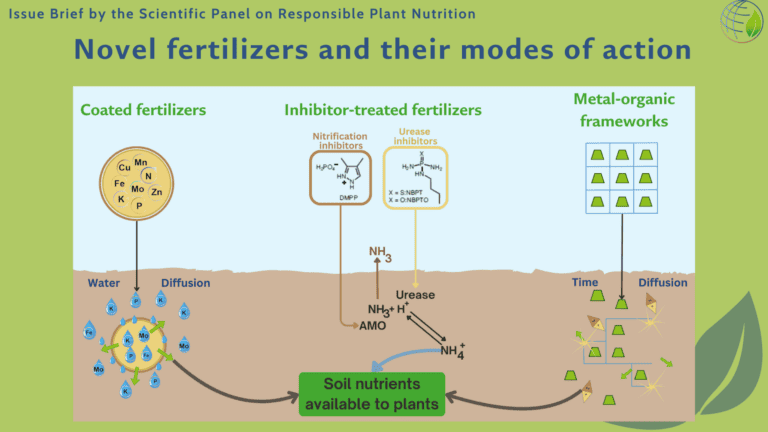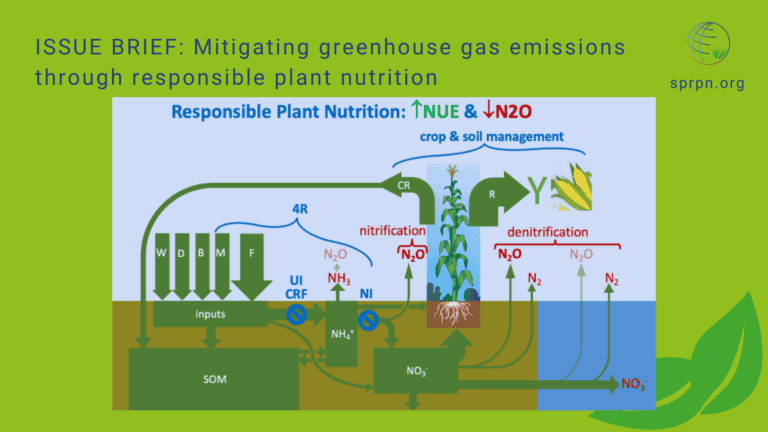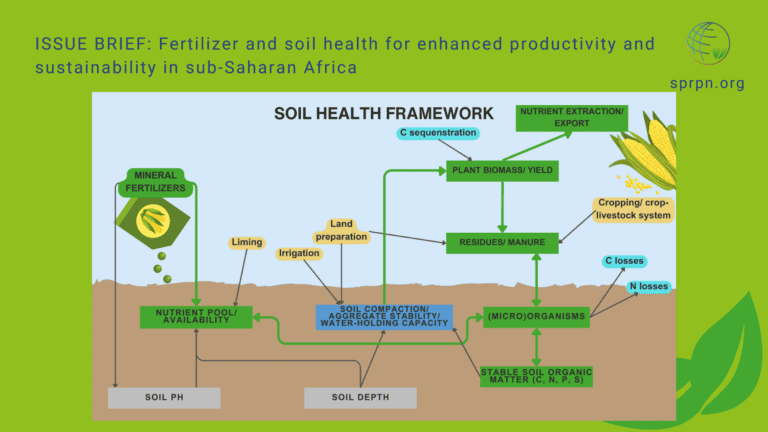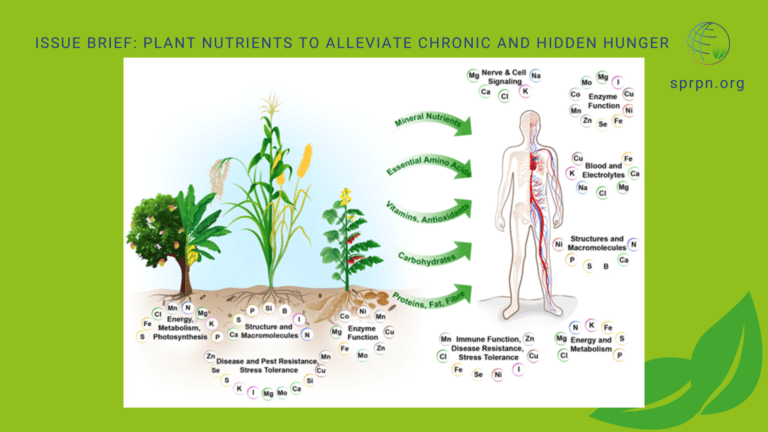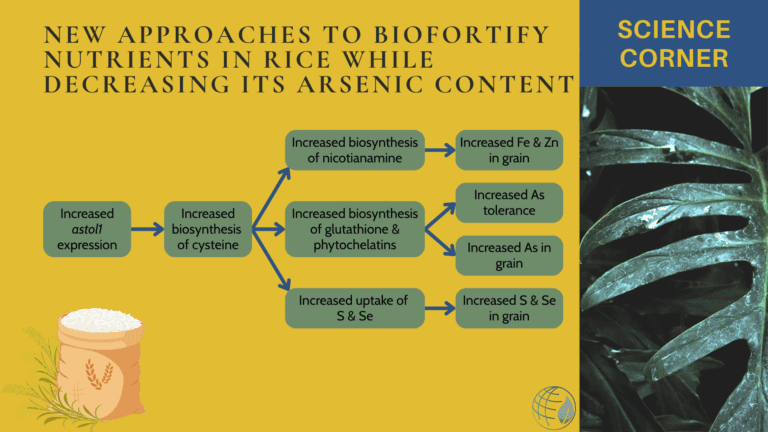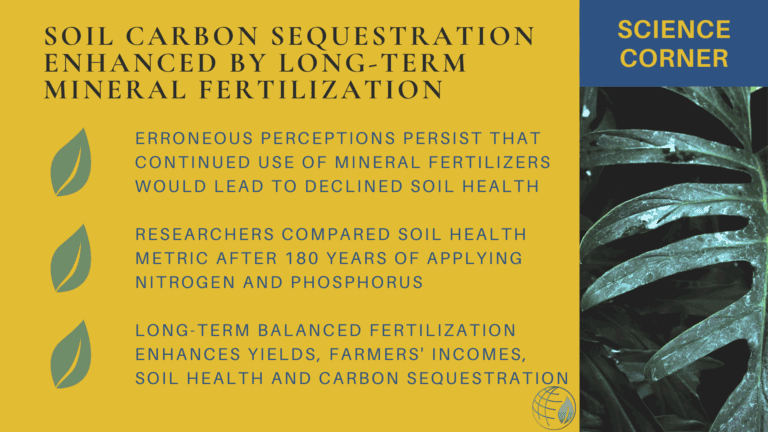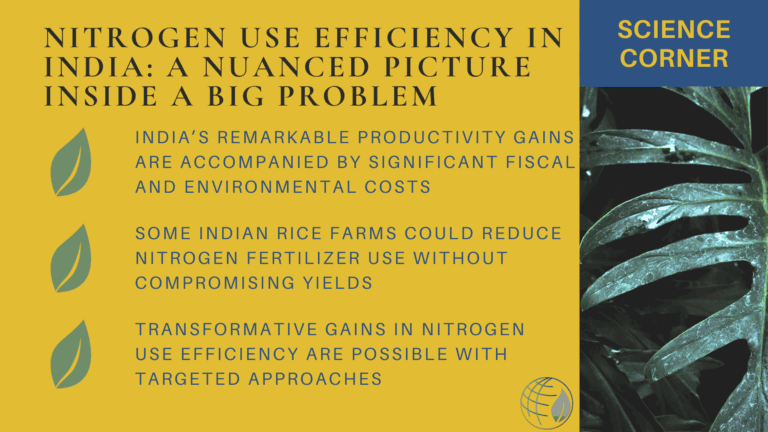Scientific Panel on Responsible Plant Nutrition (SPRPN)
Supporting healthy life on our planet requires a delicate balance: cultivating and providing nourishing food must go hand in hand with protecting the environment. Achieving this goal necessitates the responsible and sustainable use of plant nutrient practices. While providing high-quality and abundant crops to support healthy lives and livelihoods, these practices nurture soils and safeguard the environment.
ensure healthy lives and promote well-being for all
The flow of nutrients in the agricultural ecosystem is intricately tied to the well-being of plants and soil, as well as to the security of food and nutrition. To withstand the challenges posed by a growing global population, climate change, and the escalating demands for adequate and healthy foods, as the Scientific Panel on Responsible Plant Nutrition, we advocate for the sustainable management of nutrients.
In our Issue Briefs, we outline scientific evidence and actionable guidelines for policymakers, food traders, service providers, and consumers to combat these challenges, ensuring food security while protecting biodiversity.
Provide quality education and lifelong learning opportunities
Our vision is for everyone to understand the link between responsible plant nutrition, healthy lives, and environmental protection. We explain and discuss scientific discoveries that can improve plant and soil health, crop productivity, and thus food quality. Our goal is to make scientific evidence accessible and inform on approaches to implement responsible plant nutrition practices in food-providing systems.
That’s why in our Science Corner, we invite to vital and fruitful discussion on critical aspects of food production and consumption in the background of plant nutriton.
End hunger and achieve food security
By providing quality publication material and diverse communication campaigns, we aim to empower everyone involved in the food production and consumption chain to make responsible decisions for optimal sustainability outcomes. Yet, the Scientific Panel for Responsible Plant Nutrition does not only rely on established scientific data but also aims to trigger discussion and push the boundaries of human knowledge.
Protect and restore terrestrial ecosystems and combat climate change
We are strong advocators of the Sustainable Development Goals to aim for peace and prosperity of the people and the planet. But we are also convinced that to achieve those goals, we need to shift current mindsets and challenge established ideas. That’s why, with our work we question the status quo and provide new principles and practices to improve soil health, keep water and air clean, and stabilise the climate and ecosystems.
Listen to our expert’s discussions on current principles on plant nutrition
Strengthen and implement global partnerships for sustainable development
The Scientific Panel for Responsible Plant Nutrition was established in 2020 with support from the International Fertilizer Association (IFA) and represents an international group of scientists. Members are appointed based on their scientific expertise in key areas of the new paradigm for responsible plant nutrition.
As an independent panel, we interact with the wider global research community to create our publications. In those, we synthesize evidence, discuss controversial issues, advice on research, outreach and policy needs, and contribute to global assessments of nutrient use efficiency and future fertilizer demands.
